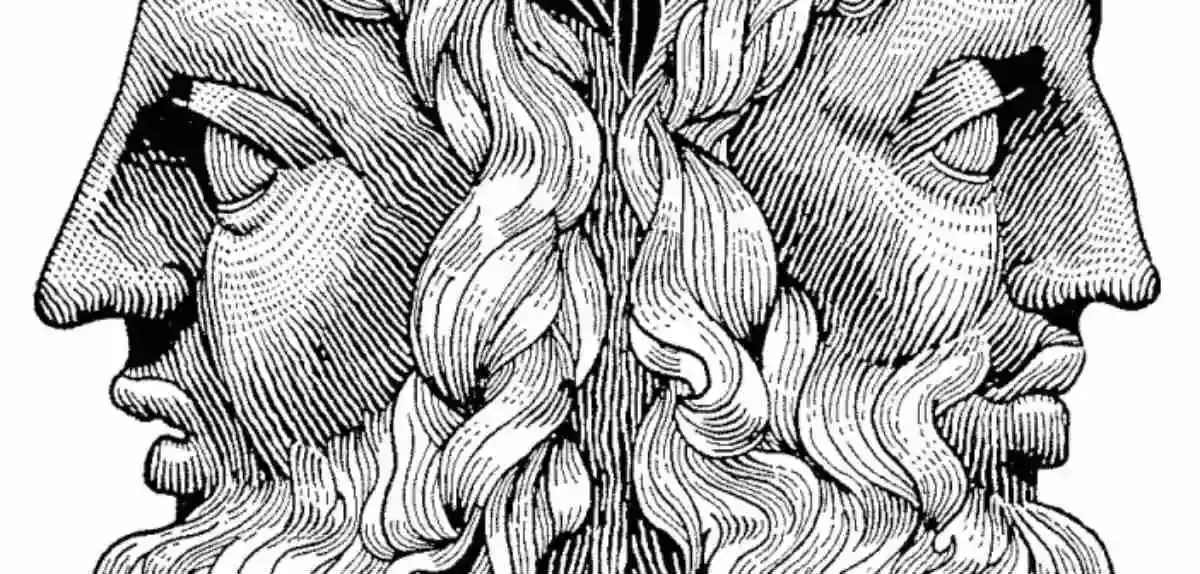|
I’m working out a thesis that every human being is tempted to construct an identity, a self that we desire to be. In a series of posts, I'll address three ways we seek to build an identity and three historic Christian practices that provide a better answer to the identity question. Henri Nouwen provides the inspiration for self-diagnosis. We’ll begin with the first, “I am what I do.” I am what I do, what I have, or what others say about me.” - Henri Nouwen Every weed has a root. I contend that under every sin is an identity issue. It's a thesis I’ve been working with for awhile. The worst things about us are often an attempt to justify a self made identity. Greed, ego, self-importance, addiction, sexual conquest. These are symptoms of something deeper. There’s always a root under the stem and leaves.
Texting forces you to be clear and concise. It’s harder to say something important in 50 words than it is in 500 or 5,000. Every word counts.
So my daughter is at a public university and having conversations about faith. She texted, “Dad. My roommate is asking about Lutherans. Not sure what to say.” Remembering something from a mentor of mine, I texted back: What if you could invent a religion? You’d probably make its central figures heroic and virtuous. All the characteristics we wish we had. This is true of most ancient religions and mythologies. They are typically a picture of a peoples' aspirations more than they are of reality.
I only know of one religion that is scandalously sober in its assessment of its key leaders. Only the faith named for Jesus, the Christ, has such a scathing view of her adherents. You go to a mechanic to look over your car.
You go to a financial advisor to review your retirement plan. You go to a doctor to examine your health - blood work and scans. But what about your soul? Do you ever examine your spirit? For Christians, Lent is an annual soul examination. I thought about how odd this is while watching a Serta mattress commercial. They promise that their beds will improve “physical and emotional health.” We hear a lot about health in the body or mind. But what about the soul? We have millions of remedies for physical maladies - nutrition, drugs, treatments, surgeries, and mattresses for good sleep. We have ways to address mental health - counseling, therapy, rest, social connection, pills. Few address the spiritual reality of being human. The Bible has words to describe the core of who we are. Soul. Heart. Spirit. Their meaning overlaps with one another, although they all refer to an inner, hidden reality. The month of January is named after the Roman god Janus. Janus has one head but two faces, each turned in opposite directions. Janus is the god of doors, gates, and transitions. So January is aptly named, a time to look back and gaze forward.
We all have Janus moments in life where we stand in a doorway between two rooms. We pause at a pivotal moment between two seasons of life. We can’t stay in the doorway. We need to set down our things and settle in a room. But there are times where we feel “in between" two places. A move. A loss. Job transition. Going off to college. A relationship change. A death. Leaving home. Retirement. Illness or injury. Marriage. Children growing up and moving on. My counselor is “retired.” He is the former director of his counseling agency, but maintains a part time caseload of clients. Last week he told me, “I have never been busier in my whole career. And I’m retired!”
He shared how unique this present moment is. “No one alive has been through this before. In my career I witnessed Vietnam, the Civil Rights movement, 9/11, and the 2008 economic crash. But this is different. I’ve never seen as much anxiety in nearly 50 years of work.” Are you empty? Good. You are completely normal. The things happening to you should deplete you. The pressure of this moment reveals your natural limits. You are finite. You only have so much to give and then the vessel is empty. No man is God.
But emptiness is not an easy state. It leaves you: For much of the United States, there is a polar vortex assaulting us with cold air. We are in the depth of winter. When the cold bites your nose as you walk out the door, you remember how harsh life can be. At the same time, there is a beauty to winter's austerity.
Seasons are necessary components of nature, a natural cycle. So too, our lives consist of seasons. There are times of abundant fruit. There are times of barren loss. Are you in a winter season right now? Some thoughts on winter in nature, and in your life: I know. You’re tired and stressed. We’re in the middle of a long, multifaceted crisis. It’s not just COVID and health. It is a crisis of convergence – medical, societal, racial, economic, and political. Any one of these would be a burden to carry. All together, they feel like an elephant on your shoulders. Here are seven pieces of godly wisdom for living faithfully under stress. (Some of these arose from a Zoom call with Rick Warren. A story for another day . . .)
|
JOIN My Tribe
|












